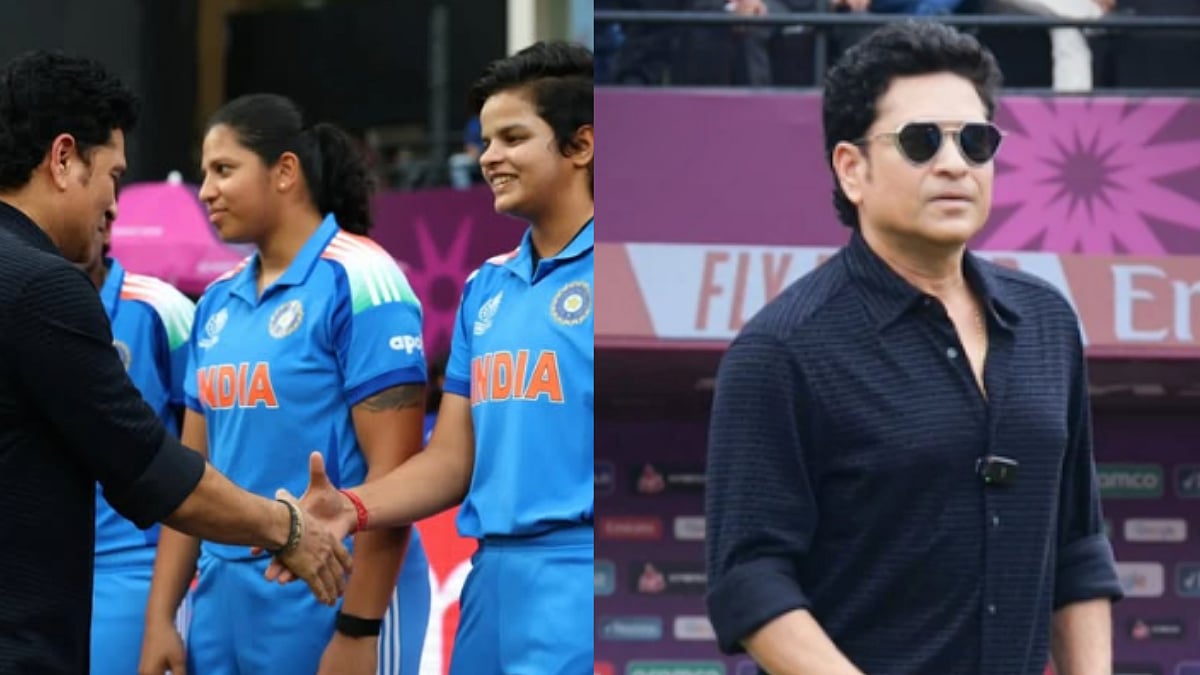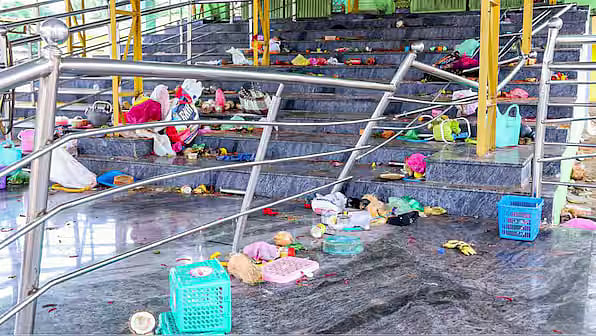Today, India ranks 142nd among 180 countries in the World Press Freedom Index, sad to say. In recent times, we have been witnessing a trend where FIRs are being filed against journalists. It is clear that FIRs, legal procedures and economic inducements are being used selectively against them with the definite intention of teaching them a lesson or to keep them in check. Disturbingly, there is widespread surveillance of journalists who ask difficult questions of the government, media reports reveal. They are being targeted by various government agencies coercively, in a bid to suppress free journalism, with the use of new, technological means. Even access to Parliament for journalists has been restricted by way of a lottery system.
The media, comprising of journalists, are the fourth pillar of our constitutional democracy and these attempts to intimidate them are not a good sign for a democratic set-up. Institutions like the Press Council of India, The Editors’ Guild, NBSA etc. are in fact toothless tigers, which are unable to help journalists who are subjected to false cases by way of coercive suppression of free information to people. At the most, these flag the agencies of the government or issue oft-repeated statements registering ‘shock, outrage and concern’ but do nothing to help or alleviate the trauma faced by the targeted journalists. Neither can an aggrieved journalist afford to bear high legal expenses to fight their cases in a court of law. Unable to face the harassment, they cave in or face life threatening intimidation.
The freedom of press in India is the one of the most important aspects of our democracy. But unfortunately, we stand rank much lower in the free press index than our tiny neighbouring countries like Nepal, Sri Lanka and Bhutan. The 2021 World Press Freedom Index, produced and published by Reporters Without Borders (RSF), which is a highly respected French NGO, has placed India at No. 142 out of 180 countries. This rank of 142/180 not only sends a highly negative message to the world but also creates a very embarrassing situation for the Government of India overall.
The reasons for this low ranking are evidently due to the recurring attacks on journalists, primarily by the media houses who employ them, various governmental agencies using coercive powers and off-course, the sustained barrage of harassment by trolls let loose on social media, especially on female journalists. The increment in new internet broadcasting platforms for journalism on YouTube, Twitter, blogging and live streaming of vlogs/ mobile journalism all serve to reflect that journalists are not getting justice from the media houses, press bodies or the governments. Ultimately, we find that it is our judiciary which has finally come forward and emerged as the saviour for the media, by stopping various coercive actions taken against them with immediate effect and staying further legal proceedings and by quashing FIRs on numerous occasions.
The case of Arnab Manoranjan Goswami v/s State of Maharashtra, 2020, is a prime example where the hon’ble Supreme Court admitted and entertained the petition by Arnab Goswami in just a few hours and ordered his release from Taloja Jail immediately. In September 2021, the Calcutta High Court quashed an FIR against Port Blair journalist Zubair for his tweet questioning the government over its Covid quarantine policy. In February 2021, a sessions court of Uttar Pradesh granted interim/ anticipatory bails to journalists Siddharth Varadarajan and Ismat Ara in connection with the news of the death of a farmer during the farmers’ protest rally in New Delhi.
It is necessary to mention that in 2020, Varadarajan had been booked by the Uttar Pradesh government in another case of alleged remarks against the chief minister of Uttar Pradesh and after approaching hon’ble high court of Allahabad, he was immediately granted anticipatory bail. Recently, Tripura Police registered multiple FIRs over the reporting of violence in that state, against many journalists and advocates of the Supreme Court. Nearly all were residents of Delhi and adjoining areas and were booked under the stringent Unlawful Activities Prevention Act (UAPA), unwarranted here. Some of the female journalists booked were young and new to the field. When they approached the honourable Supreme Court of India was approached by them, the court stayed the coercive proceedings immediately and granted them bail while issuing notice to Tripura Police.
In the last one year, we have found that our judiciary, along with various bar associations, has emerged as a strong voice of our democracy and has taken up suo moto cases on many occasions, displaying healthy judicial activism against persecution, and has made itself one of the most popular pillars of democracy. The numerous cases against journalists who have raised and asked difficult questions of the government across the length and breadth of the country on various platforms put a serious question mark on the government’s police-state style of authoritarian administration. The writer is an advocate, the Supreme Court of India










